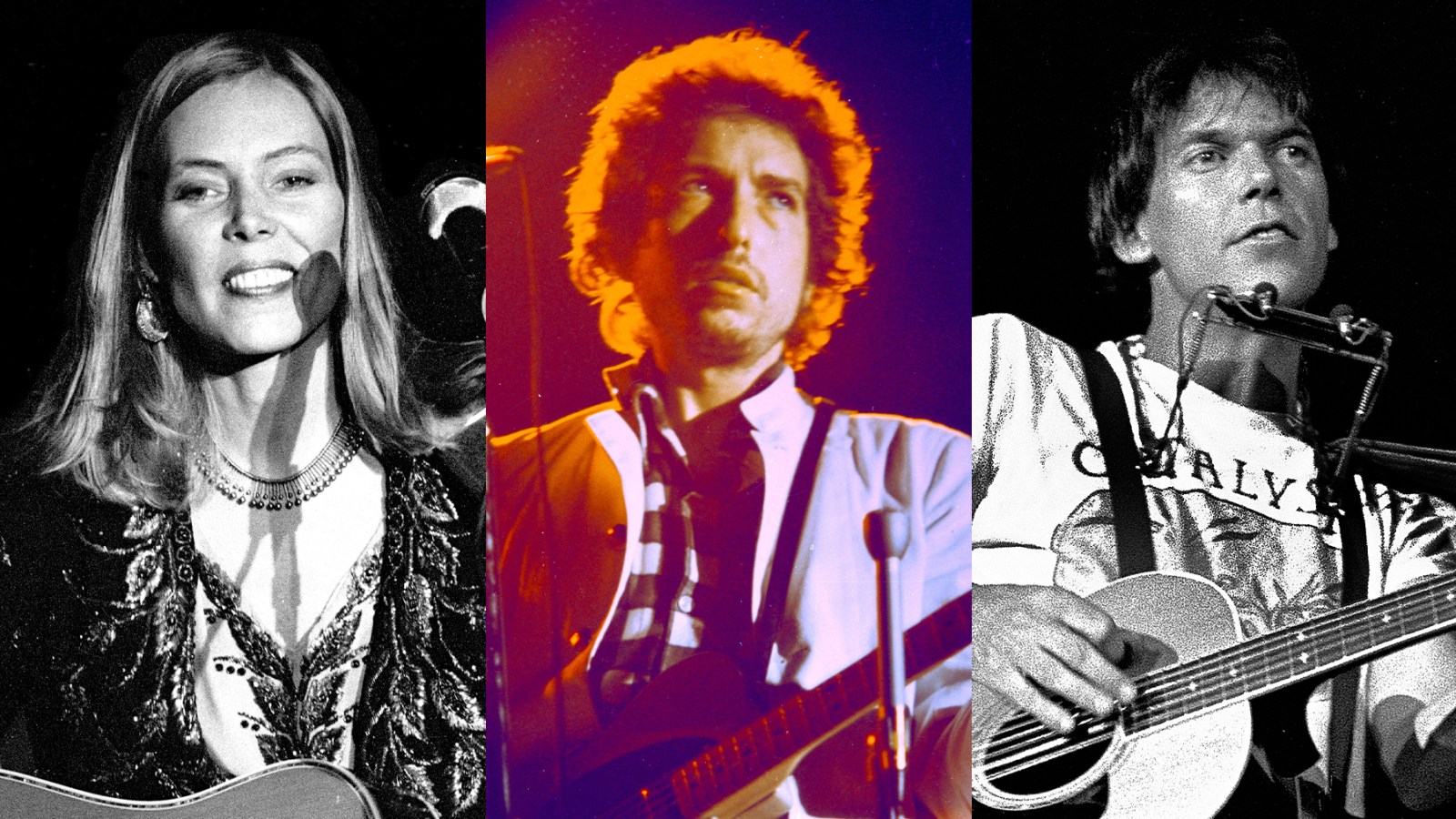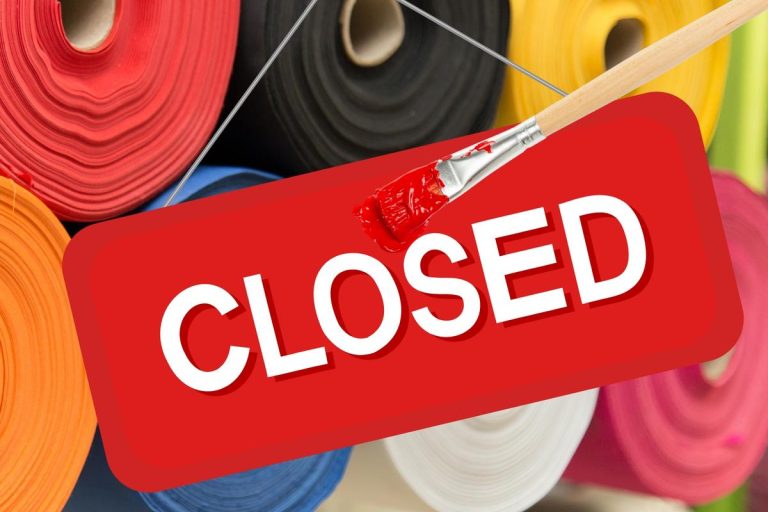Give your favorite music fan a box set for the holidays this year? You had a ton to choose from. Last year, record labels released enough shelf-straining packages of CDs or vinyl to fill a Rock & Roll Hall of Fame exhibit, with sets highlighting the works of David Bowie, Bob Dylan, the Beatles, Neil Young, Joni Mitchell, Elvis Costello, and more. And that’s in addition to the copious amounts of jazz sets regularly released, like 2024’s six-CD/eight-LP behemoth Miles in France, the latest volume of the Miles Davis Bootleg Series.
But other than catalogs of music that continue to delight and resonate, something else unites the musicians noted above — none of them launched their careers this century. And therein lies the problem with career-spanning box sets: They’re often stuck in the past.
When the first major round of overstuffed sets began arriving in the Eighties — Dylan’s Biograph, Eric Clapton’s Crossroads, and the Allman Brothers Band’s Dreams, among them — the featured artists had been releasing records for just over two decades. By collecting their earliest recordings straight through the later years, and tossing in booklets loaded with history-minded factoids, each of the sets lent a shape and narrative to an artist’s musical career. More than just capitalizing on the then-new compact disc format, the packages declared that these were substantial artists with catalogs that deserve the same respect a classical label would give to Bach’s cantatas.
Now, artists that began recording in the mid-to-late Nineties — another era more than 30 years in the rearview — can be considered legacy acts with their own sizable bodies of work. Just for starters, that list can include Jay-Z, Radiohead, Alicia Keys, Eminem, and the Black Keys. Yet not a single one of them has been accorded the career-arc box treatment. Though some acts of these generations, like Radiohead, have released smaller-scale box sets dedicated to one or two albums, presently, there is no complete collection and exploration of their deep cuts, alternate takes or outtakes, or live recordings, not to mention those info-crammed booklets.
Of course, that’s not a dig at the box sets that have been released over the past year. On Neil Young’s Archives Volume III: 1976–1987, I was happy to finally hear pristine versions of his 1978 Boarding House live shows, rehearsal tapes with Linda Ronstadt and Nicolette Larson for the American Stars ‘N Bars sessions, and recordings with the short-lived Ducks. The fourth volume of Joni Mitchell’s Archives opened a window into the creation of Hejira and Don Juan’s Reckless Daughter (which has aged better than I would have thought). And as far as the crazy-complete 28-disc box devoted to Dylan and the Band’s 1974 tour, only a portion of which was heard on the original Before the Flood, well, open those floodgates.
But music fans may also be yearning for comparable retrospectives on artists as varied as Fall Out Boy, Coldplay, and even Britney Spears, whose first records are now more than 25 years old. Many albums and side projects later, aren’t the Strokes due a multi-track overview that takes us through their unconventional career? In light of Andre 3000’s rebirth as a spacey-age flautist, it has to be time for a package plucking the best and rarest from the OutKast catalog, or one that chronicles Jack White’s journey from the White Stripes to his various side bands and eclectic solo projects.
It all leads one to wonder why such compilations don’t yet exist for more recent acts. Despite vinyl’s renewed popularity, perhaps we should start with the fact that box sets remain linked to an earlier and outdated format. “The birth of box sets lined up with the birth of CDs,” says Mark Pinkus, CEO of Rhino Records, which last year rolled out boxes devoted to Rush, Genesis, Faces, and similar artists from the heyday of FM radio. We can also consider that some artists simply don’t have sufficient rarities to fill a box set. Did the Backstreet Boys leave enough on the studio cutting-room floor?
The rise of streaming and the decline in physical product can’t be denied either. “When CDs were a thing, people were buying physical product all the time,” says Bob McLynn of Crush Management, who represents bands like Green Day, Weezer, Fall Out Boy, and Panic! at the Disco. “But anyone who cares about music has a streaming service, so what’s the drive to put 50 songs together when you can go on Spotify, Apple or any of them and find ‘This Is Jay-Z’? There’s your box set right there.”
But in the end, the dearth of box sets devoted to contemporary artists could be akin to the stigma of the Lifetime Achievement Award. Earlier generation of musicians saw the box set as a means to legitimization, but some members of the next gen view it more warily — as if it were a tombstone. “I am very confident that at some point, Coldplay, Ed Sheeran, and Bruno Mars will have box sets,” says Pinkus (whose label doesn’t work with any of those artists, it should be said). “But I think a lot of artists don’t want that career box while they’re actively releasing viable new music.”
McLynn agrees and says that some of his artists, like Weezer and Green Day, prefer anniversary-themed blow-out editions of their classic albums, like last year’s 20th birthday deluxe of Green Day’s American Idiot. “If I told a few of these acts that they were heritage acts, they’d want to slap me in the face,” he says. “They do not want to be thought of that way.”




Leave a Comment